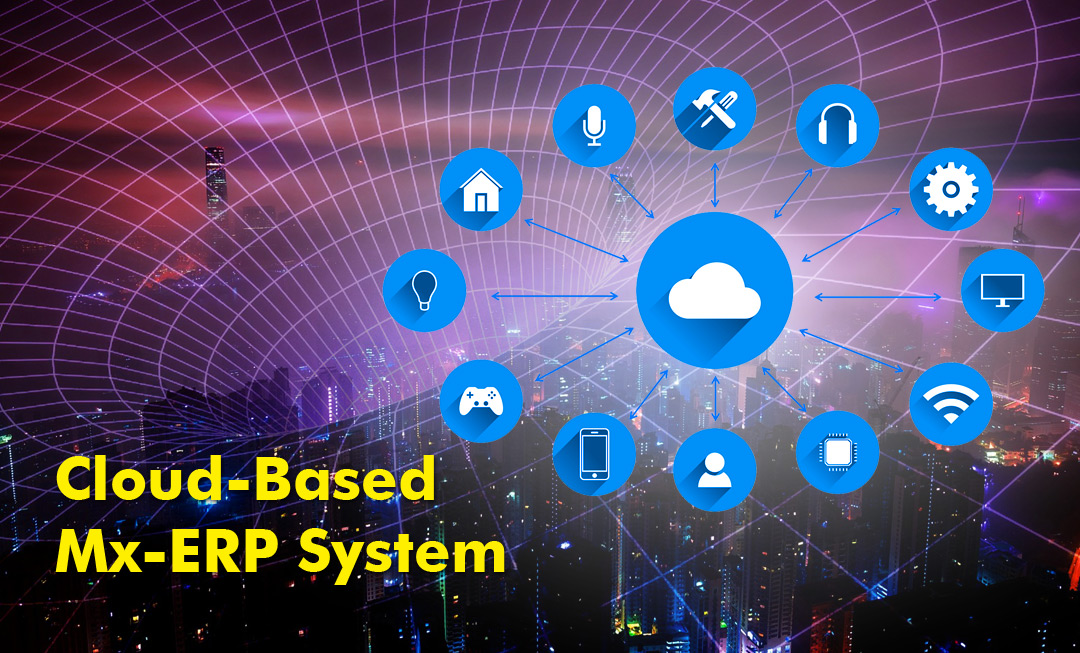
Enterprise resource planning (ERP) systems are no longer just for big businesses. In fact, they’re increasingly becoming a popular solution for small and medium-sized businesses (SMBs) too. There are many reasons why your business should switch to a cloud-based ERP system. Here are five of them: 1. Cost-effective 2. Scalable 3. Flexible 4. Collaborative 5. Secure
What is a Cloud-Based ERP System?
A cloud-based ERP system is a type of enterprise resource planning (ERP) system that uses a cloud computing platform to deliver services. Cloud-based ERP systems are typically hosted by the ERP vendor or a third-party provider and delivered to users via the internet.There are many benefits of using a cloud-based ERP system, including scalability, flexibility, and cost savings. With a cloud-based ERP system, businesses can easily scale up or down as needed without having to invest in new hardware or software. Cloud-based ERP systems are also typically more flexible than on-premise solutions, making it easier to tailor the system to meet specific business needs. In addition, because cloud-based ERP systems are delivered via the internet, they can be accessed from anywhere with an internet connection, which makes them ideal for businesses with remote employees or multiple locations.
Another benefit of using a cloud ERP system is that it can help save money on IT costs. With an on-premise solution, businesses must incur the costs of purchasing and maintaining hardware and software, as well as hiring staff to manage the system. With a cloud-based solution, all of these costs are included in the monthly subscription fee. In addition, because updates and upgrades are handled by the provider, there are no additional costs for businesses to keep their system up to date.
Benefits of a cloud-based ERP system
There are many benefits of using a cloud ERP system for businesses. Perhaps the most obvious benefit is that it can save the business money. A cloud-based ERP system means that businesses don't have to invest in expensive hardware and software upfront. It also means that businesses can scale up or down their use of the ERP system as needed, without incurring additional costs.Another key benefit of a cloud-based ERP system is that it can help businesses be more agile and responsive to change. With a traditional on-premises ERP system, businesses can face long lead times for upgrades and implementations. With a cloud-based ERP system, these updates can be deployed much more quickly and with less disruption.
Finally, a cloud ERP system can give businesses access to powerful data analytics tools that can help them make better decisions about their operations. By harnessing the power of data, businesses can gain insights into their customers, their supply chains, and their overall business performance.
How to switch to a cloud-based ERP system
If you're considering making the switch to a cloud-based ERP system, there are a few things you need to know. Here's a step-by-step guide on how to make the switch:- Research your options: Not all ERP systems are created equal. Make sure to do your research and choose a system that will meet the specific needs of your business.
- Make a plan: Switching to a new ERP system is a big undertaking. You'll need to map out exactly what needs to be done, who will be responsible for each task, and when you expect the switch to be completed.
- Train your employees: Your employees will need to be trained on how to use the new system. This can be done through online tutorials, in-person training sessions, or a combination of both.
- Go live: Once everything is set up and everyone is trained, it's time to go live with the new system!
5 reasons to switch to a cloud-based ERP system
If you're still using an on-premise ERP system, you're probably well aware of its many drawbacks. High costs, inflexible scalability, and complex management are just a few of the reasons why businesses are making the switch to cloud-based ERP systems. Here are a few more reasons why you should consider switching to a cloud-based ERP system:- Lower costs
Cloud-based ERP software is typically much less expensive than on-premise systems. There's no need to invest in expensive hardware or software, and you can often pay as you go, only for the resources you need. - Increased flexibility
Cloud-based ERP systems are extremely flexible, scalable, and customizable. You can easily add or remove users, customize the system to fit your specific business needs, and scale up or down as needed. - Easier management
With a cloud-based ERP system, there's no need for complex on-site infrastructure or IT management. The provider takes care of all the updates and maintenance for you, so you can focus on running your business. - Improved collaboration
Cloud-based ERP systems make it easy for employees to collaborate and work together, regardless of location. With real-time data sharing and communication tools built into the system, everyone can stay on the same page and work towards common goals. - Anytime, anywhere access
One of the best things about cloud-based ERP systems is that they can be accessed from anywhere, at any time. Whether you're in the office or on the go, you can always connect to your system and get the information you need.